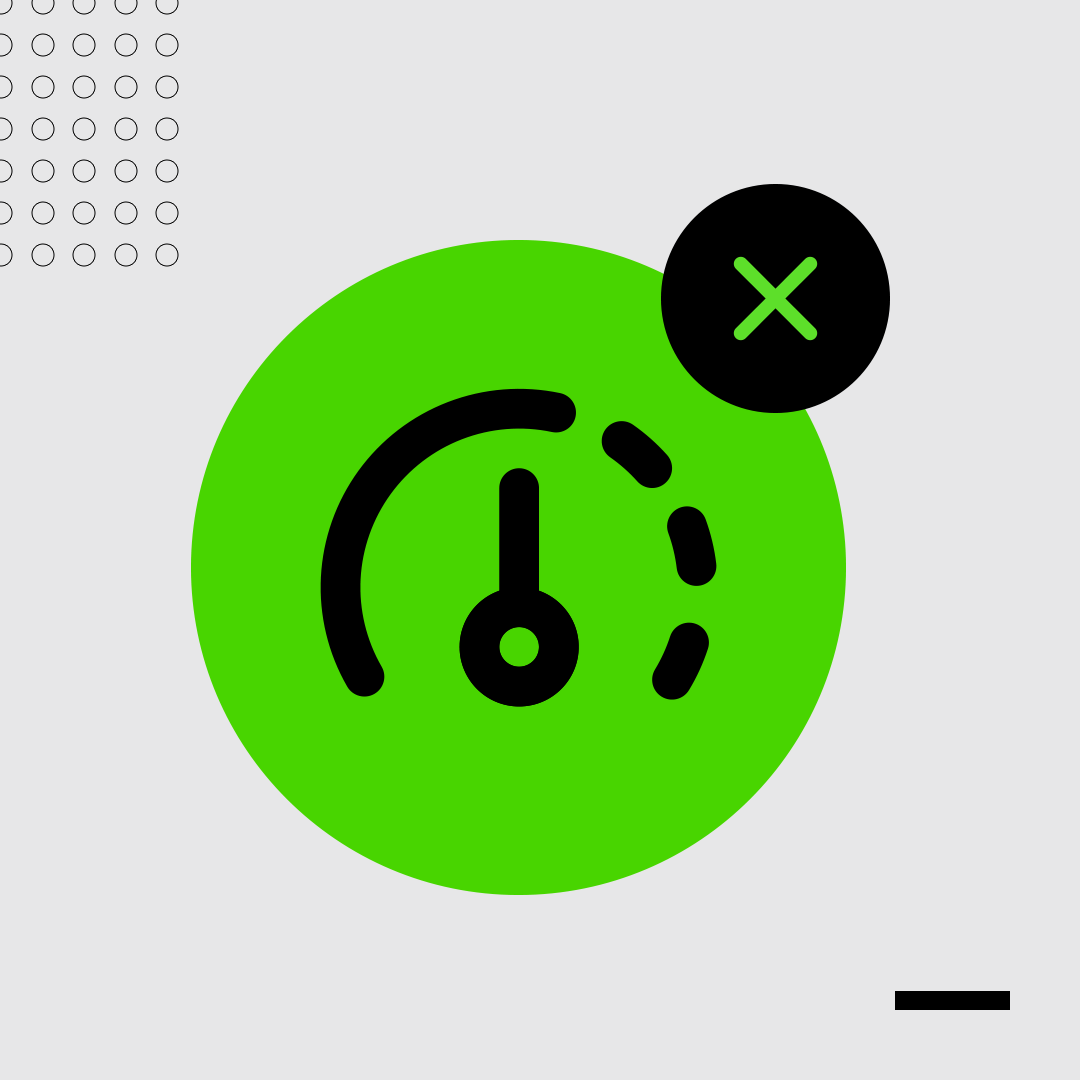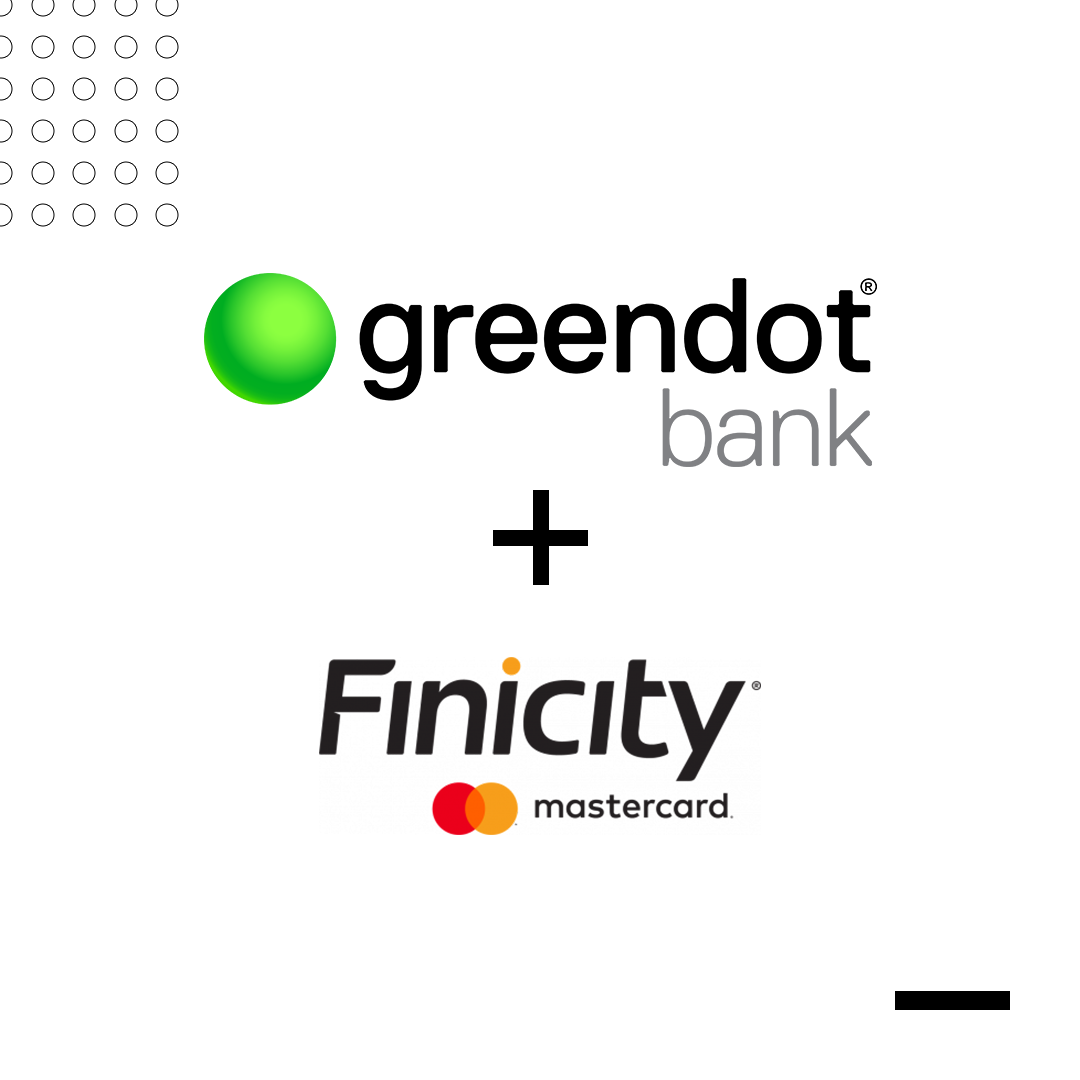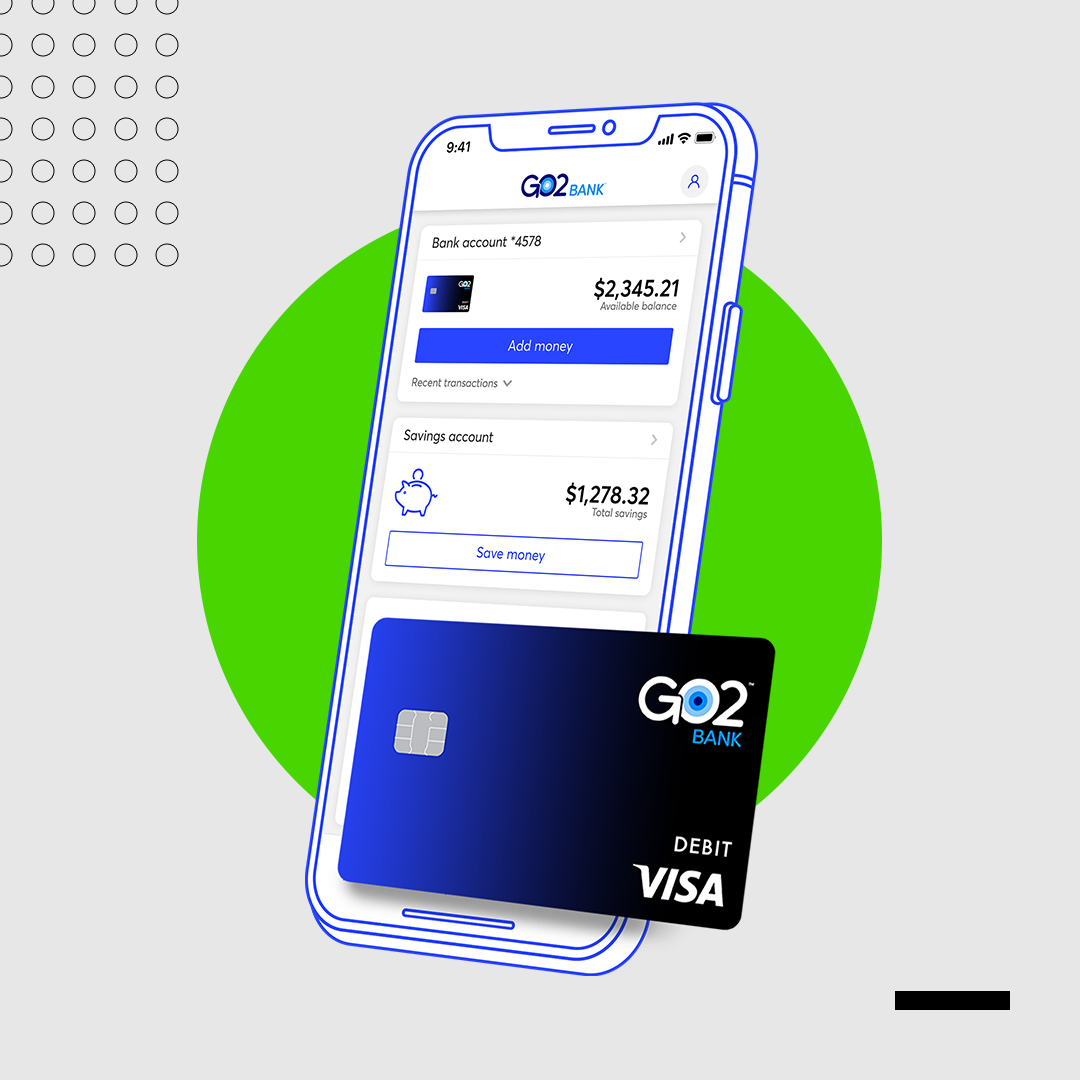July 21, 2021 -- 45 million Americans are living with no credit. That’s right – 45 million people, equaling the combined populations of Texas and New York, living in America with no credit history to speak of or deemed unscorable due to insufficient or outdated history.1
These people are likely to pay thousands more in interest on car loans, student loans and more, and are more likely to utilize pricey, predatory services like payday loans and cashier checks. They are missing opportunities, spending more, saving less, and facing worsening conditions overall because of it. The point is simple: it is expensive to have poor credit in America, and it sends many into downward financial spirals, with little hope or opportunity to improve.
As the pandemic pushes more low- to moderate-income consumers into digital banking, we in fintech have a responsibility to ask ourselves what can be done to support and empower these Americans in their journey to improved financial health. For LMI Americans and others living paycheck-to-paycheck in particular, the pandemic illuminated and accelerated the need for seamless, accessible, value-driven credit, banking, and money management tools.
At Green Dot, we’ve seen tremendous demand and engagement among this consumer group, and have been building products and features centered around building smart money habits and a stronger financial foundation. Today marks a big milestone in that mission, as we announce both a new partnership with Experian® to help customers understand and improve their credit, and an agreement with Finicity enabling customers to safely and seamlessly put their financial data to work for them.
Through our partnership with Experian, customers of our flagship digital bank GO2bank will have seamless access to a variety of industry-leading credit tools and features, including:
- A clear credit picture in seconds: Building better money habits starts with knowing where you stand. GO2bank customers can now access their FICO® Score through their Experian membership free of charge, as well as Experian credit monitoring and alerts.
- Simple ways to improve credit instantly: With Experian BoostTM2, GO2bank customers can increase their FICO® Score3 by getting credit for paying bills like video streaming services, phones, and utilities. Simple, noticeable fixes can ultimately allow consumers to gain access to credit with better terms, as well as create better habits long-term.
- Safety and protection on their credit journey: For a low- to moderate-income American that’s been burned by financial institutions in the past, they need to know they can start their credit journey safely. Experian CreditLock now helps GO2bank customers protect against identity theft by offering the ability to lock and unlock their Experian credit file. And that’s in addition to the peace of mind that comes with banking through our chartered, FDIC-insured bank.
- A single ecosystem for improving financial health: GO2bank launched earlier this year with features designed to help people better control how they manage their money, including consumer-friendly overdraft protection4, high-interest savings, and a Secured Credit Card available with no credit check or annual fee, so customers can establish and build credit, regardless of credit history.5 Through 2021 and beyond, we’ll be continuing to innovate with GO2bank to expand its feature set, designing new offerings to directly meet the needs of Americans that traditional financial institutions have left behind.
Concerns about credit and its impact on consumers are not new, but the past year has led us to a breaking point where the most financially vulnerable have been the hardest hit, and could benefit the most from tools designed to support them rather than set them back. Fintechs and digital banks, unlike more traditional financial institutions, can play a critical role in this effort. Credit health has long seemed out of reach for many, and it’s time we shift our mindset and acknowledge the tremendous opportunity (and in my opinion, responsibility) we have to positively impact Americans living paycheck to paycheck, and ultimately our broader economy and industry at large.



